COVID-19 Response Fund: new projects advance the fight against coronavirus
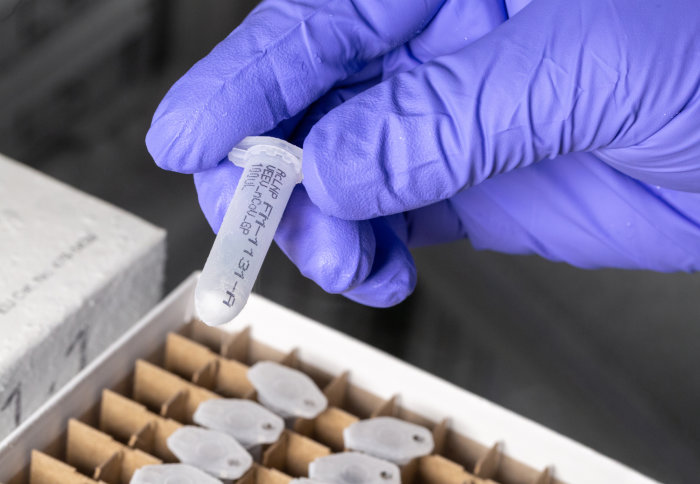
New research projects focused on tackling the global pandemic have received funding from Imperial’s donor-backed COVID-19 Response Fund.
We have seen time and again that outstanding science is fuelled by diversity. Now, more than ever, we must remain committed to that goal Professor Nick Jennings Vice Provost (Research and Enterprise)
The fund was launched in March to provide rapid and flexible support to projects with the potential to make a major impact in the fight against COVID-19, as well as support the welfare of staff and students working on the frontlines of the crisis in hospitals.
Initially seeded by the President’s Fund, the COVID-19 Response Fund has now been backed by more than 400 donors, including a landmark £200,000 donation from the Hinduja Foundation and Ashok Leyland.
To date the Fund has supported 31 projects from across the College, including rapid coronavirus tests, low-cost ventilators, and projects exploring the effectiveness of face masks. 42% of projects that won funding are led by women academics.
Professor Nick Jennings, Vice-Provost (Research and Enterprise) at Imperial said: "These projects embody the very best of Imperial. Across the College, our staff and students - spurred on by the generous support of philanthropists - are coming together to tackle this urgent crisis.
I am particularly pleased to see that across the two cohorts we are very close to achieving gender equality in terms of the investigators funded. We have seen time and again that outstanding science is fuelled by diversity. Now, more than ever, we must remain committed to that goal."
Enhancing testing

Dr Fang Xie, from the Department of Materials, is pioneering the use of nanotechnology to develop a to deliver robust, highly sensitive and locally deployable assays for coronavirus infection testing and diagnosis.
Dr Jesus Rodriguez Manzano, from the Department of Infectious Disease, aims to enhance the NHS’s testing capabilities by deploying a low cost solution that could allow labs to rapidly detect COVID-19 at the same time as numerous other respiratory pathogens in a single reaction, using existing diagnostic instruments, based on data-driven multiplexing.
Supporting the NHS
Professor Nick Jones, from the Department of Mathematics, will lead a project aiming to predict and map acceptance of a COVID-19 vaccine to support PHE in designing effective vaccination campaign strategies.
 Dr Marc Masen, from the Department of Mechanical Engineering, is leading efforts to address the problem of face-mask related irritation, discomfort and injury experienced by healthcare workers who wear PPE over long periods of time.
Dr Marc Masen, from the Department of Mechanical Engineering, is leading efforts to address the problem of face-mask related irritation, discomfort and injury experienced by healthcare workers who wear PPE over long periods of time.
Professor Alison Holmes is adapting an existing AI clinical decision support system to aid decision-making around antibiotic prescriptions for COVID-19 patients.
Professor Graham P Taylor, from the Department of Infectious Disease, will investigate whether detection of COVID-19 beyond day seven from the onset of symptoms (or from a positive test result, if no symptoms are present) is associated with any risk of transmission, to help understand how ling healthcare workers should isolate and when they can return to work.
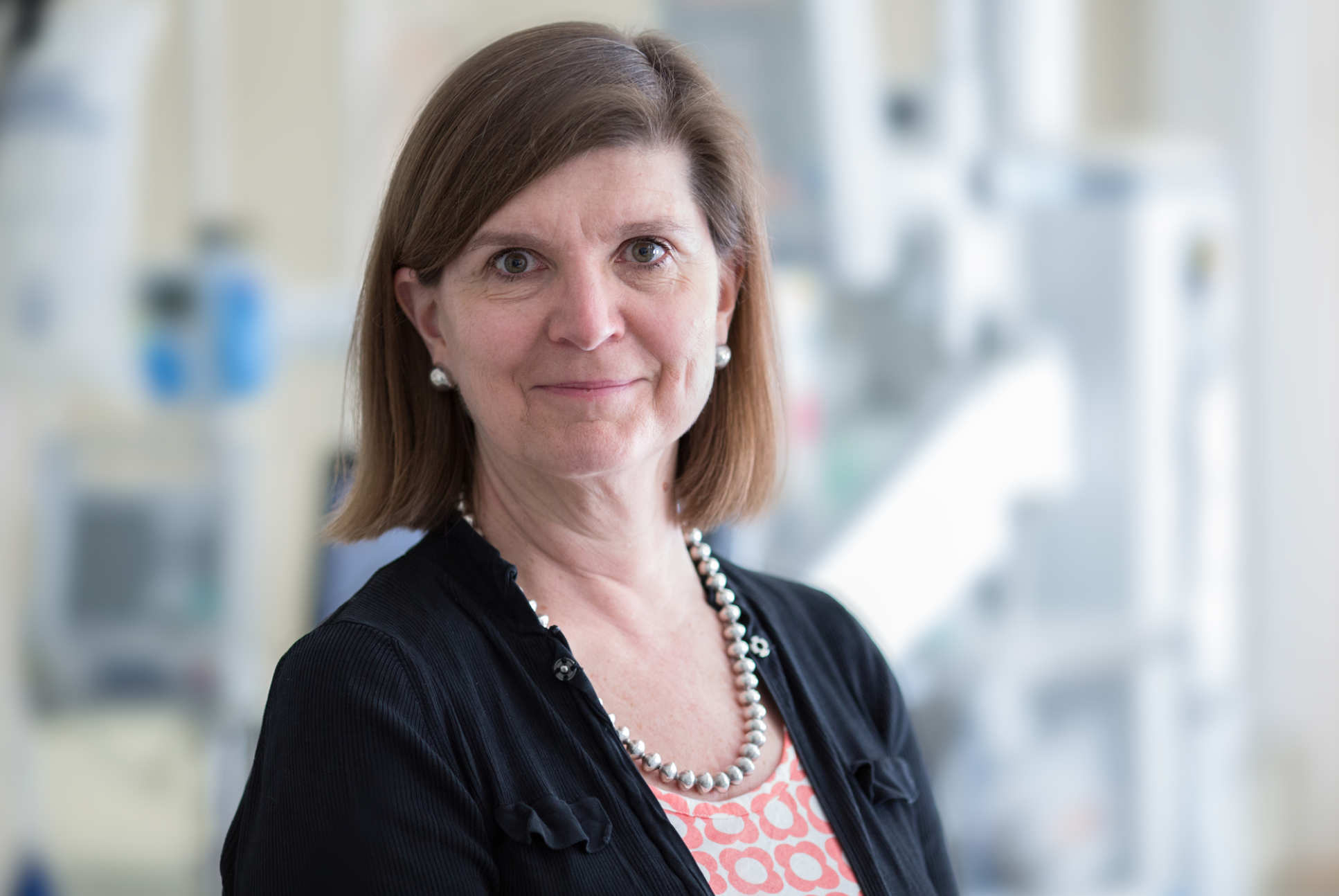
New treatments and therapies
Dr Michela Noseda, from the National Heart and Lung Institute, will analyse tissue samples from COVID-19 autopsies using leading-edge technologies to understand the cellular and molecular changes that occur within tissues. This is a crucial step to drive effective targeted therapies.
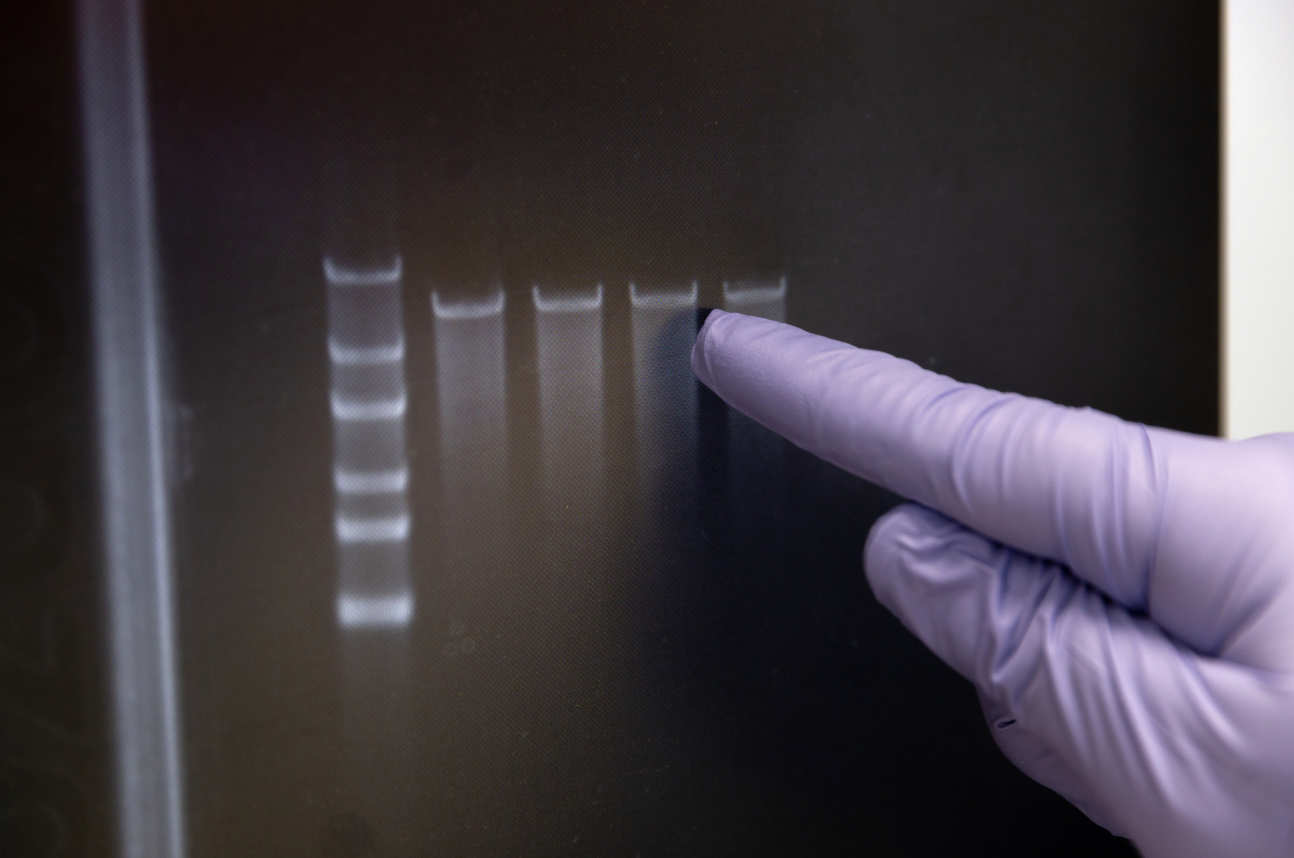 Professor Kathryn Maitland, from the Department of Infectious Disease, is leading an observational study of the conservative use of oxygen in African children with severe pneumonia during the COVID-19 epidemic.
Professor Kathryn Maitland, from the Department of Infectious Disease, is leading an observational study of the conservative use of oxygen in African children with severe pneumonia during the COVID-19 epidemic.
Professor Anna Randi, from the National Heart and Lung Institute, is leading a project identifying anti-thrombotic drugs that target the endothelial pro-thrombotic switch occurring in severe COVID-19 infection.
Dr Brijesh Patel, from the Department of Surgery and Cancer, will lead a team investigating the therapeutic targeting of necroptosis cell death pathways in COVID-19 patients with Acute respiratory distress syndrome (ARDS).
Professor Charlotte Bevan, from the Department of Surgery and Cancer, will explore whether already-licensed and well-tolerated drugs targeting androgen receptor and related receptors, could be rapidly repurposed as a viable therapeutic strategy for COVID-19.
Understanding the disease
Dr Chloe Bloom, from the National Heart and Lung Institute, is exploring protective factors that may be associated with the apparent reduced risk of COVID-19 in people with asthma.

Dr Candice Roufosse and Dr Joseph Boyle, are heading a project using histological and molecular analysis of tissues from COVID-19 patients to better understand disease development, including the vascular injury and thrombosis observed in severe cases.
Dr Aubrey Cunnington, from the Department of Infectious Disease, is developing a within-host mathematical model of the relationships between viral load, host-response and disease severity in COVID-19 patients to better understand the biological mechanisms controlling viral load that might predispose patients to severe disease.
Professor Clare Lloyd, from the National Heart and Lung Institute, will lead an investigation into age related differences in epithelial immune and viral responses to COVID-19, to understand why children seem to be at a considerably reduced risk of disease and of developing severe complications.
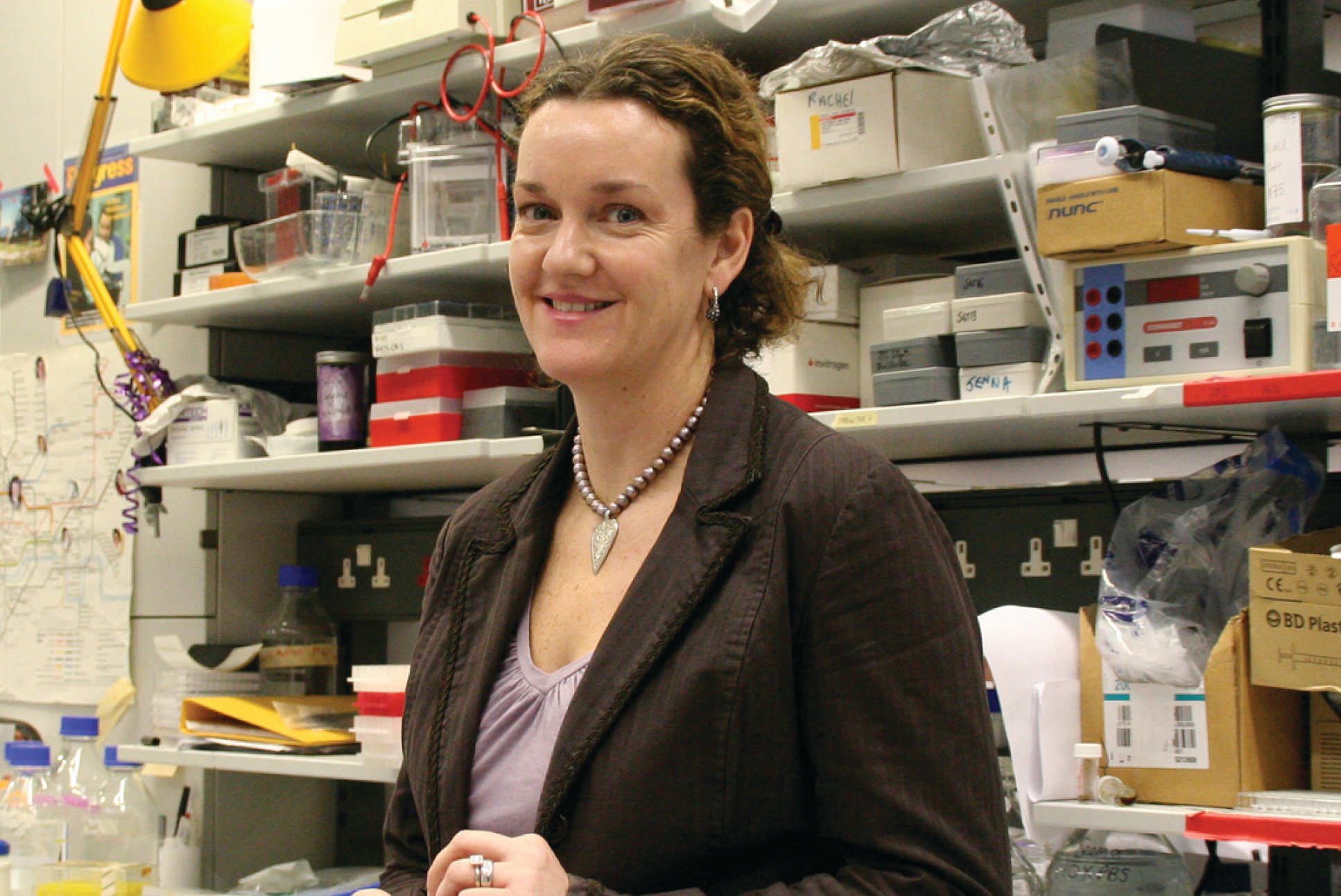
Professor George K Christophides, from the Department of Life Sciences at Imperial, will develop a scalable, interactive and stratifiable geoinformatics resource that enables fast browsing and enhanced visualisation and meta-analysis of COVID-19 big data.
Dr Rhia Kundu from the National Heart and Lung Institute, will use a technique called systems serology to deliver the most detailed and comprehensive assessment of antibody responses in COVID-19 to date, This work will guide robust diagnostic tests, inform vaccine design and arm policy makers with the information needed for both the short and long term fight against the virus.
Broader issues
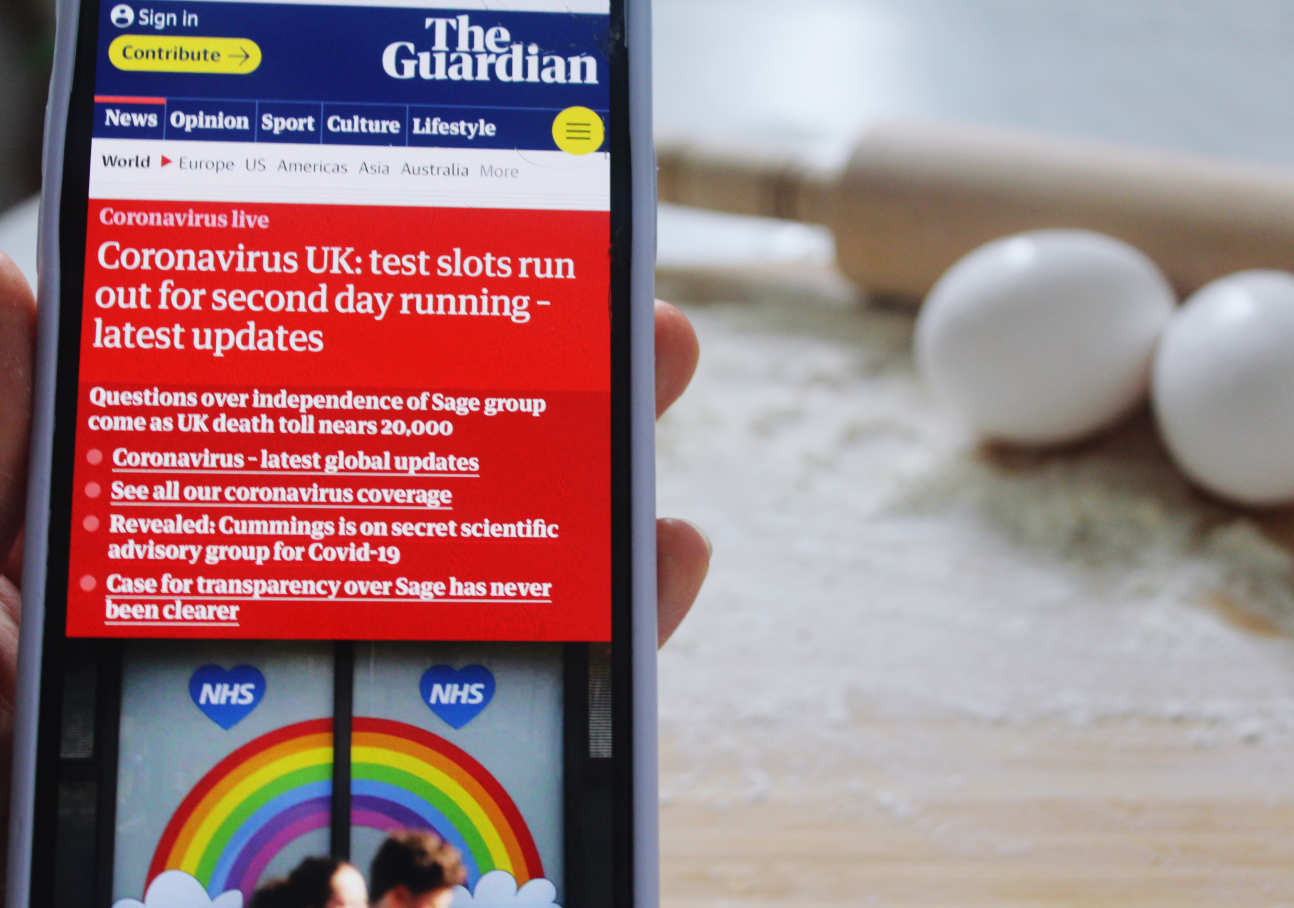 Professor Tommaso Valletti will lead a study looking at the financial impact of ad blockers, which are used to stop ads appearing next to hard-hitting content, in the COVID-19 pandemic.
Professor Tommaso Valletti will lead a study looking at the financial impact of ad blockers, which are used to stop ads appearing next to hard-hitting content, in the COVID-19 pandemic.
Professor Elio Riboli, from the School of Public Health, will look to address the accumulating number of undiagnosed cases of cancer and cardiovascular diseases due to the COVID-19 pandemic. His team will design and test for feasibility an intervention study that will compare different and innovative approaches for identifying undiagnosed patients with symptoms that may indicate that they have cancer or cardiovascular diseases, but who have not contacted their GP or presented to A&E.
Article text (excluding photos or graphics) © Imperial College London.
Photos and graphics subject to third party copyright used with permission or © Imperial College London.
Reporter
Deborah Evanson
Communications Division